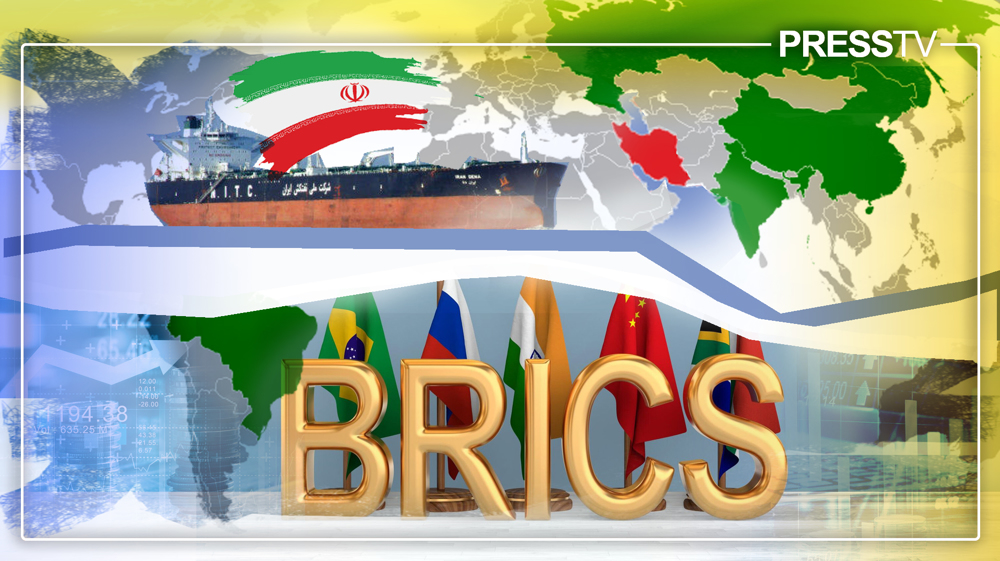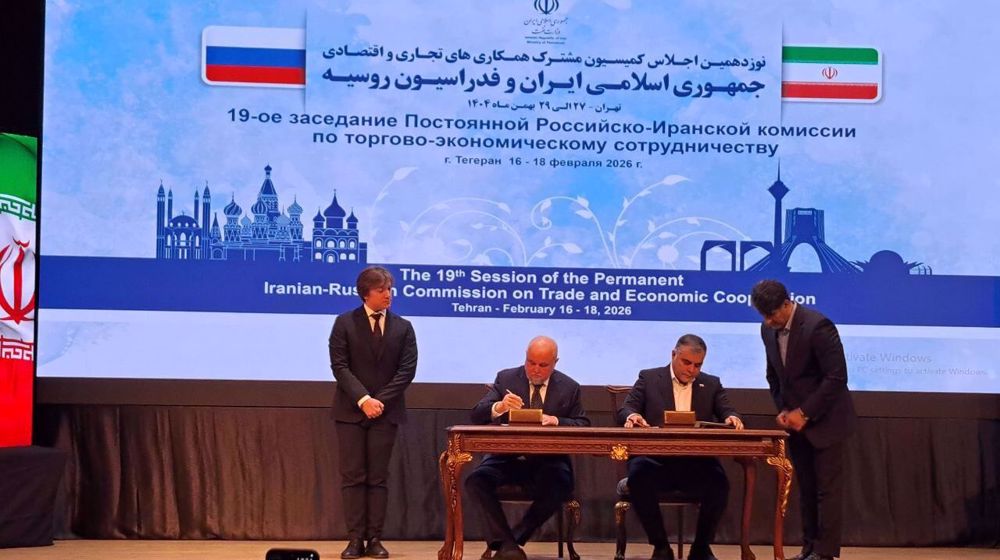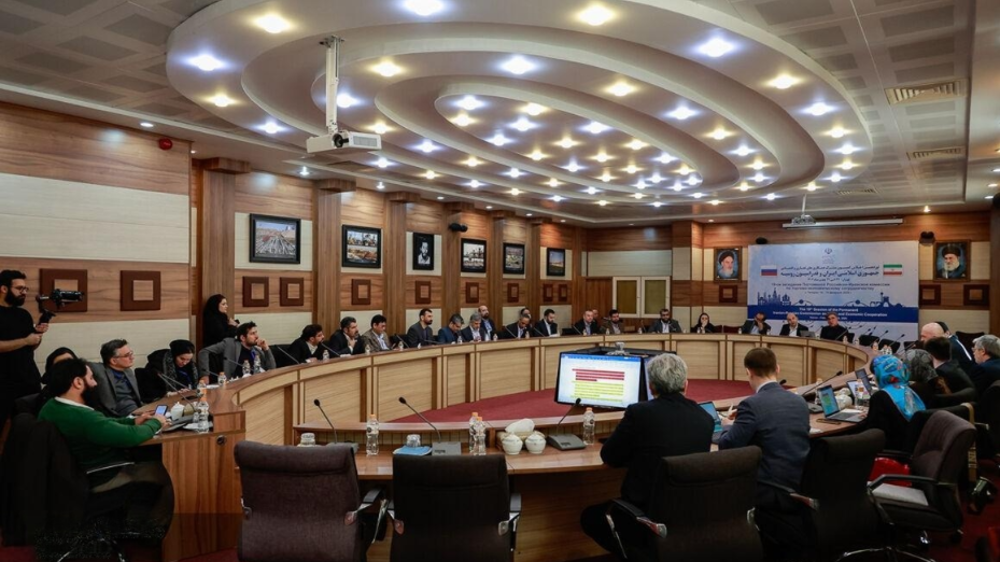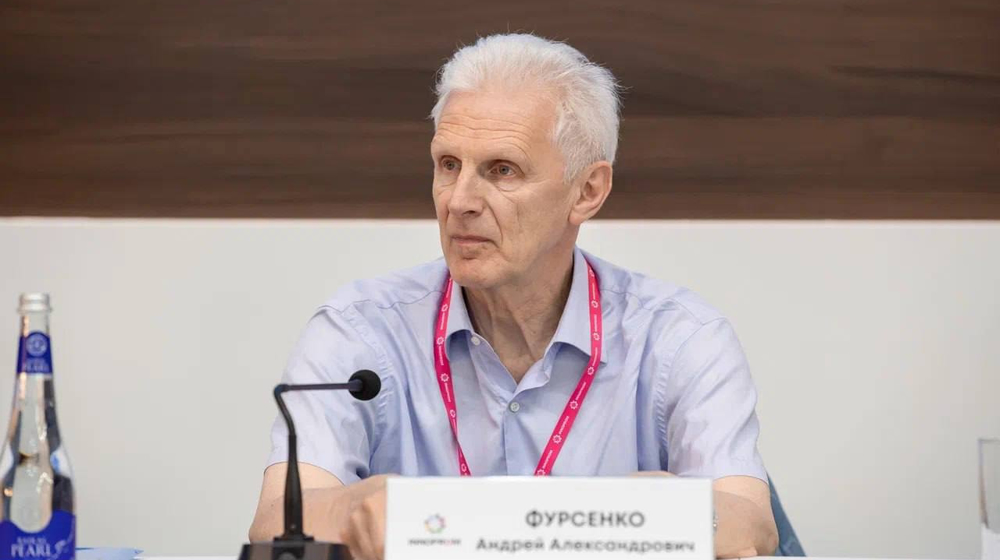What to expect from Iran’s membership in BRICS
Iran's membership in the BRICS group of emerging economies is a significant national, regional and international development, which is important both to Tehran and BRICS members, including China and Russia.
In recent years, there has been a lot of focus on Iran's membership in global political and economic organizations, institutions and groups in order to spur economic growth and provide a ballast in the face of geopolitical and structural changes.
BRICS has gained a special place in Iran's foreign policy due to its increasing importance in the international political economy and geopolitical developments.
The Islamic Republic has good political relations with all five main members of the BRICS group consisting of Brazil, Russia, India, China and South Africa.
Tehran is motivated by the international prestige, the geopolitical and geoeconomic linkage with the emerging world powers, and the regional and international status which joining BRICS can potentially bring in.
New economic partners are about to come out of the woodwork after membership in BRICS and access to new financial resources, technological findings, knowledge-based production methods in agriculture, food security and trade could enable Iran to better deal with the hobbling impact of sanctions.
BRICS is developing internal institutions for integration and increasing effective economic power in order to support development programs of its members and strengthen their regional and international position.
The establishment of financial institutions independent from Western institutions can be considered the most important success of BRICS in promoting convergence and its most important advantage in the new global economic structure.
Two financial institutions within BRICS are the pillars of the group's power, which also offer opportunities for Iran.
The New Development Bank of BRICS is the most important economic pillar of BRICS, created with the aim of forging convergence among the members in the world economy.
The bank was established in 2014 with the initial authorized capital of $100 billion to finance infrastructure projects in BRICS countries and other emerging markets. It is headquartered in Shanghai, China.
According to the agreement, the bank “shall support public or private projects through loans, guarantees, equity participation and other financial instruments".
Another key institution established with the aim of strengthening financial convergence among the members is the BRICS Contingent Reserve Arrangement (CRA).
It is a framework for the provision of support through liquidity and precautionary instruments in response to actual or potential short-term balance of payments pressures.
Although US financial sanctions make it difficult for Iran to access the resources of these two institutions, BRICS has adopted various methods under its de-dollarization scheme to provide loans and services to members, which can reduce the impact of the sanctions.
The New Development Bank uses methods such as providing loans in the national currency of BRICS powers, cryptocurrency and currency swaps.
Bear in mind that Iran’s integration into the BRICS economic framework is fraught with challenges as regards alignment with the economic policies, regulatory mechanisms and commercial laws and regulations of the main and new members.
Ensuring the coordination and synching of the domestic bureaucracy with BRICS institutions in areas such as customs, tariffs and investment regulations requires time and complex expert reviews.
Nevertheless, the geoeconomic benefits of the membership are so many that any misgivings are roundly misplaced.
As a full member, Iran would have closer economic relations with other member countries, which can gradually lead to increased business and investment opportunities.
This cooperation can include various sectors including energy, production, agriculture and technology and provide access to new markets and potential sources of foreign direct investment.
Joining BRICS would also give Iran the opportunity to diversify its economic partners beyond the current circle.
The BRICS countries have an overall population of more than 3 billion people, which potentially provides a vast consumer market for Iranian goods and services. This diversity would reduce Iran's dependence on a limited set of business partners and increase its economic resilience.
Membership in BRICS also increases Iran’s regional influence and geopolitical position.
It enables the country to interact with emerging economies and have a say in shaping global economic and political affairs. In addition, Iran can actively participate in regional projects and contribute to the development of convergence in the region.
By becoming a member of BRICS, Iran would access the financial resources of the BRICS Development Bank (NDB) and the Contingent Reserve Arrangements (CRA) to fund the development of infrastructure, energy projects and other potential priority sectors.
This can help to solve part of Iran's development needs and spur long-term economic growth, even though access to the resources of these institutions under sanctions would be difficult.
Iran is a large producer of oil and gas and its membership in BRICS can strengthen closer cooperation on energy security initiatives.
BRICS countries, especially China and Russia, have significant energy needs. They can potentially cooperate with Iran on energy exploration, production and infrastructure development. This cooperation would improve Iran's energy sector and provide ways to diversify exports.
Meanwhile, BRICS countries stand out for their advances in technology and innovation in the developing world.
Iran's membership in BRICS can facilitate the exchange of knowledge, carrying out joint research projects and technology transfer, which could enable the country to increase its technological capabilities and competitiveness in different sectors.
This can help Iran's economic modernization and reduce technological gaps with other countries.
Iran is facing the most draconian US sanctions, which has limited the country's access to global markets and financial systems. Joining BRICS can potentially give Iran more leverage in international negotiations and potentially reduce the effects of some sanctions.
Moreover, the collective power and influence of the BRICS countries may provide a platform to defend Iran's economic interests and reduce trade restrictions.
BRICS countries have forged increasing cooperation on agriculture and food security. Iran, with its diverse agricultural sector, can benefit from the best methods and joint initiatives through knowledge exchange with the aim of increasing agricultural productivity, production and distribution of foodstuff.
This cooperation can help Iran's food security goals and strengthen its agricultural sector.
Finally, Iran's membership in BRICS can activate the Russia-Iran-India corridor, facilitating exchanges among the member countries, and provide access to Eurasian resources along the Belt and Road Initiative stretching from China to Russia up to Central Asia and beyond.
Trump admin. advances Saudi nuclear deal, leaves door open to enrichment: Report
Leader donates 50 billion rials to free financially struggling prisoners
Guardians of sky: How Iran’s radar network turned 12-day war into a blueprint for deterrence
The story of ancient Persia’s chromium steel
Iranian Navy chief calls for broader naval collaboration at MILAN 2026 naval exercise
VIDEO | Mini Iraq; A city in India that connects faith across borders
Pope skips America’s 250th anniversary despite Vance’s ‘in-person’ invitation
Iran condemns Israeli atrocities, ceasefire violations in southern Lebanon










 This makes it easy to access the Press TV website
This makes it easy to access the Press TV website